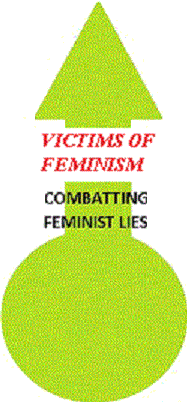Home > Issues > The Totalitarianisation of the Judiciary > Combatting Distributed Dictatorship |
||||||||||

|
Empowering Men:fighting feminist lies |
|||||||||
Combatting Distributed Dictatorship:Submission as to the jurisdiction of the ombudsmen under the Offical Information Act 1982 with respect to the Institute of Judicial Studies© Peter Zohrab 2007 |
||||||||||